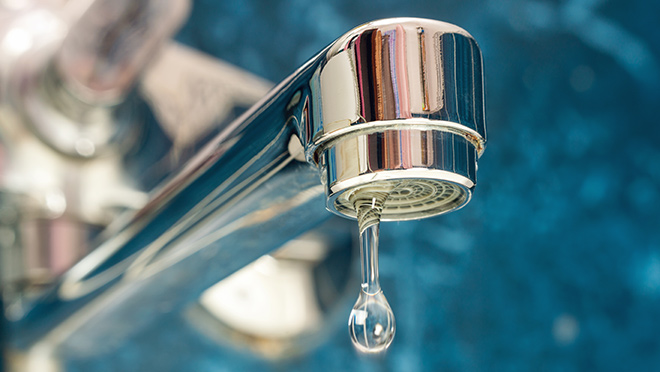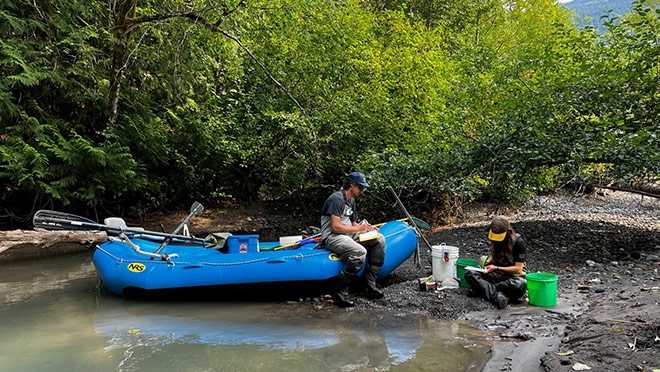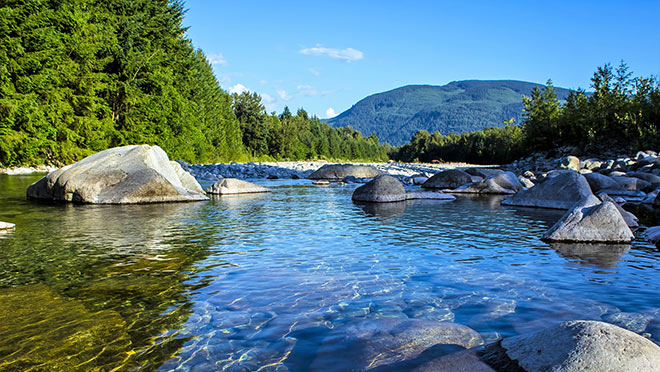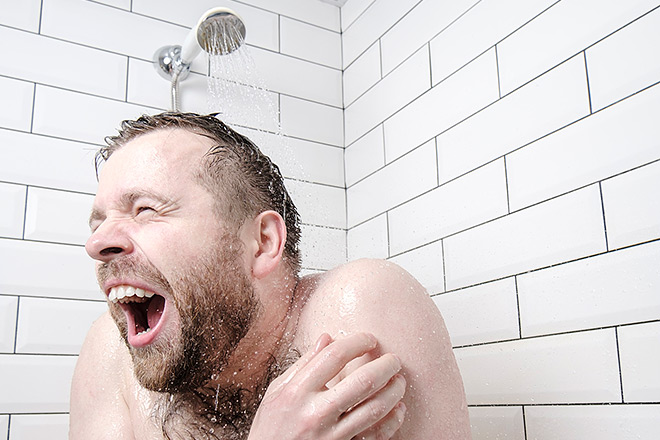For World Water Day, plug leaks and cut your water usage

Ways to cut water use, plus a family memory game
It's so easy to take water for granted in B.C., where – mangling the famous line from The Rime of The Ancient Mariner – there's water, water everywhere, and lots of it to drink.
In most places in this province, there's no need to buy bottled water. The stuff out of the tap is fantastic. And the power of water, through hydroelectricity, delivers reliable, affordable, and clean electricity. We are, in many ways, spoiled by the abundance.
But as World Water Day arrives on March 22, take the time to ensure you're not wasting water. And learn about a fun water memory game the whole family can play.
Did you know that a tap that drips only 10 times a minute wastes about 2,000 litres a year, and that fixing a leaky hot water faucet could save you $33 a year in electricity?
And then there's the toilet, which accounts for almost a quarter of all indoor water use. A leaky toilet can waste 270 litres per day: you'll know it's leaking if you hear it refilling regularly (without a flush) day and night. And in 2018, the City of Toronto slapped a $2,500 bill on a guy whose leaky toilet wasted an estimated 1.5 million litres of water over five months. That's enough to fill five average-sized swimming pools.
Here are a few things you can do to save water at home, and links to details about how you can do it:
- Opt for energy-efficient showerheads: Low-flow showerheads are available for as little as $15 and pay off in hot water savings throughout the year.
- Take shorter showers: If you're using a standard showerhead and two people in your home cut their shower time by two minutes each, you could save $60 in electricity used to heat hot water over a year.
- Install faucet aerators: Installing a high-efficiency aerator on your kitchen sink could save you $28 per year in hot water costs.
- Fix leaky faucets: A leaky faucet can waste up to 11,350 litres of water each year.
- Use your washing machine efficiently: Run full loads of laundry, and switch to cold water. Around 80% of a washer's energy use goes to heating hot water.
- Pad water pipes to save on electricity: Up to 4% of the energy used for water heating is lost moving water to and from the tank and your faucets.
- Use your hot water heater efficiently: The average B.C. household uses nearly $250 worth of electricity every year to keep the hot water flowing.
Enter for a chance at Science World tickets
This month, we're celebrating the power of water by giving away five family passes to Science World. Find us on Instagram for your chance to win. Contest rules [PDF, 144 KB]
Also, don't miss out on the Water Show presented by BC Hydro at Science World's Centre Stage March 19 to March 22, with shows at 12:20 p.m. and 2:20 p.m.
Water Day activities for teachers and students
Our Power Smart for Schools team has been busy putting together a batch of activities for students from kindergarten through Grade 7.
Check out our World Water Day activities, which include:
Coming together: Kindergarten to Grade 3 students play a game to understand how water moves, and how human activity affects how much water is available. Students will also make a craft that will remind them to work together to protect water.
Accelerating change: Students in Grades 4-7 discuss the importance of water and conservation, do an experiment to find out how much rainfall they receive, and make their commitment to take care of water.
Related:


